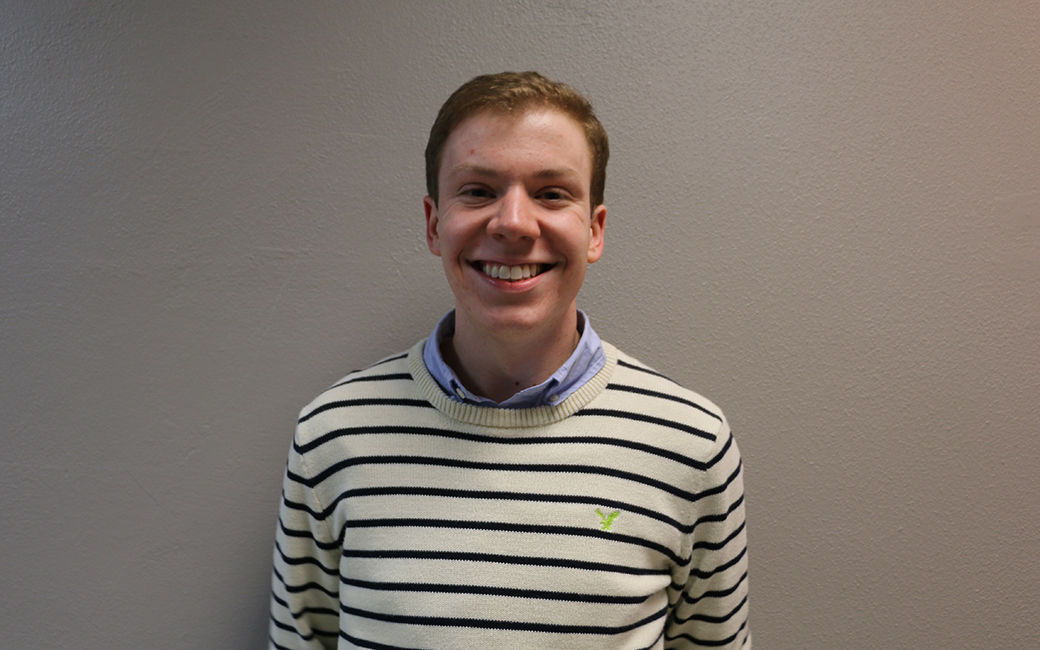
Why fake news is so dangerous
There’s no denying that each one of us carries some kind of bias, whether it be political affiliation or from liking Kourtney more than Khloe.
However, it’s when we crave validation in our beliefs that things can become dangerous; when we refuse to view forms of media that challenge our ideals in any way. This is when the plague that is fake news runs rampant.
Fake news stories making wild claims, that can falsely reaffirm anyone’s biases, spread from the basic human desire to be correct. Because of the First Amendment, putting an end to fake news seems kind of impossible.
Media literacy is an obvious step to a solution in regard to fake news, but for older generations, this becomes an issue.
But to be fair, if something is advertised to us as legitimate and we want to believe it, why shouldn’t we just believe it and share it with our followers who may or may not agree?
In a world of Kardashians and mean tweets, it can be hard to differentiate what’s real and what’s fake. Political candidates, and even the president, are quick to call any journalist who they disagree with biased.
In his books “Detecting Bull” and “Don’t Be Fooled,” John McManus writes that tailoring one’s media in order to align entirely with their own viewpoints is dangerous.
“For the first time in history, we can fashion our own news diet, not some neutral editor. If we wish, we can tailor the news to our own biases,” McManus writes.
Climate change, for example, is supported so heavily by science that denying it ought to seem impossible, though a growing number of Americans doubt the existence of climate change altogether.
How can this be? McManus credits this disbelief partially to the fact that these blossoming biases can shape a person’s news selection.
Obviously, conservatives are less likely to tune into a show on MSNBC like The Rachel Maddow Show due to the fact that her views are far too left for the average conservative. While the Rachel Maddow Show itself is technically a form of biased media, arguably leaning too far left, it’s never a bad idea to see what things look like on the other side.
It is dangerous to fill our minds with media that doesn’t remotely challenge our own thinking.
According to an article from The Verge, “Older Americans are disproportionately more likely to share fake news on Facebook, according to a new analysis by researchers at New York and Princeton Universities.”
This is why media literacy is such a clear step to solving the epidemic of fake news.
Already potentially media illiterate individuals are likely going to have a harder time fact checking online in order to make sure that the stories they’re buying into are legit.
However, according to The Verge, determining whether or not someone is digitally literate is still a struggle.
But encouraging media literacy and digital literacy is important now more than ever. When fake news has such an impact on the public that it can influence a presidential election, it seems almost as though there is no hope in deterring the masses from believing everything they read.
But even simply googling a new story before sharing it is a solution. A bare minimum level of research can help halt the spread of fake news. Most importantly, make sure to get the latest news from credible news sources.
